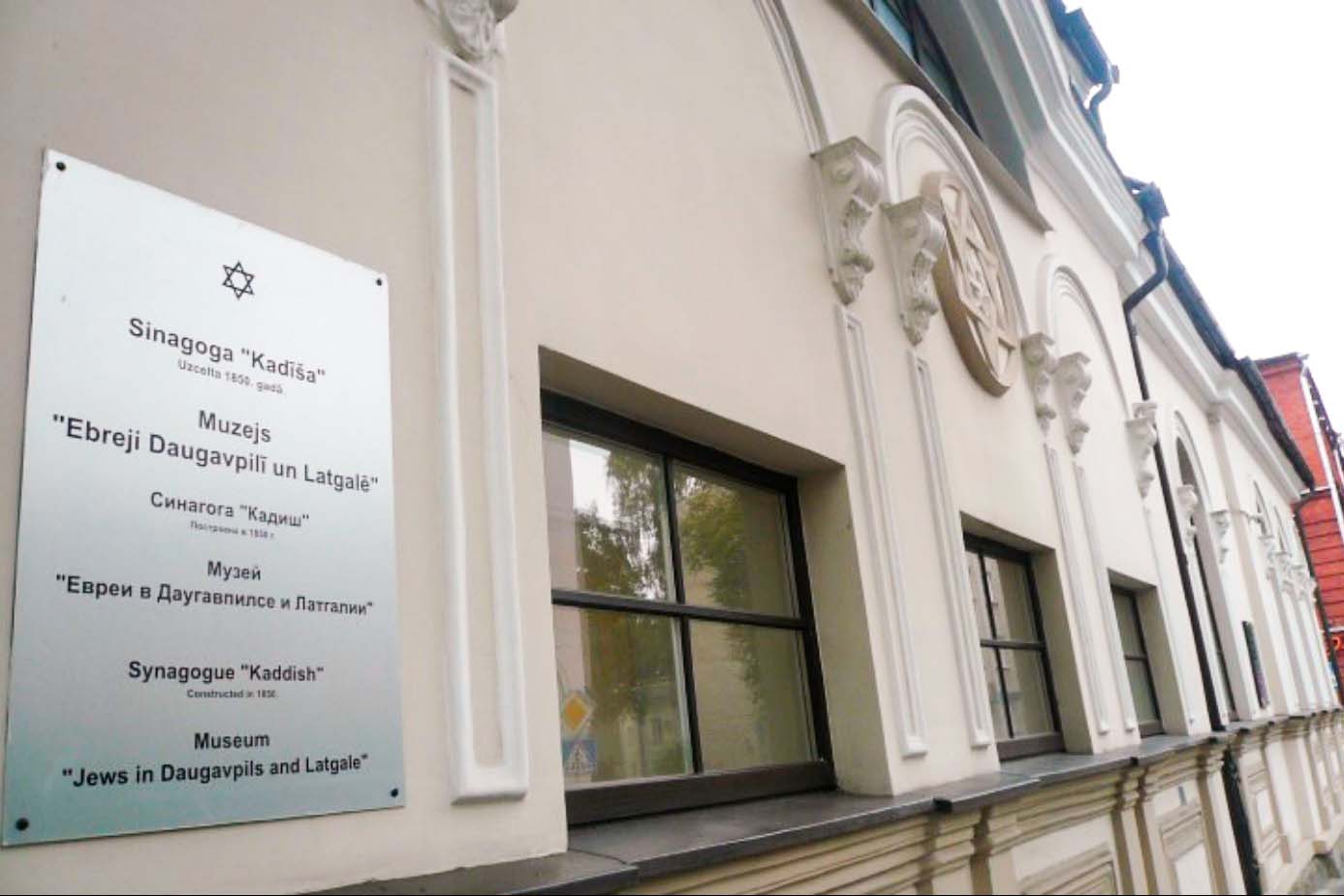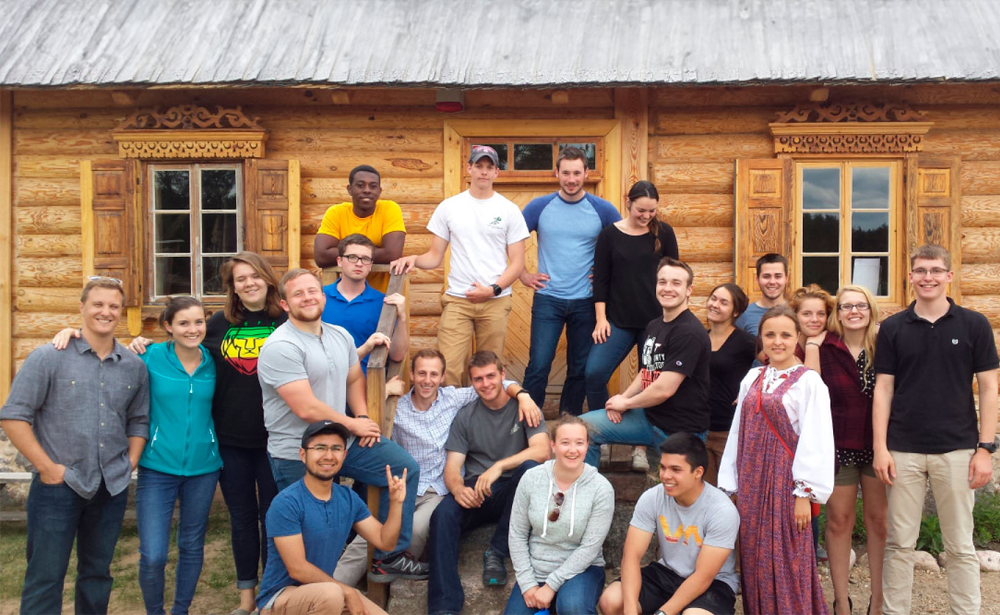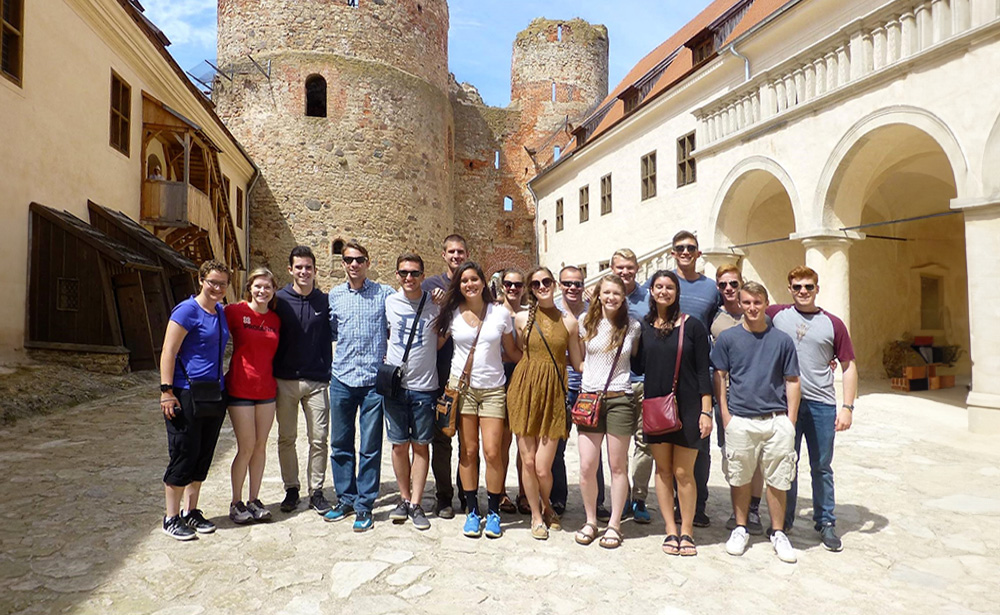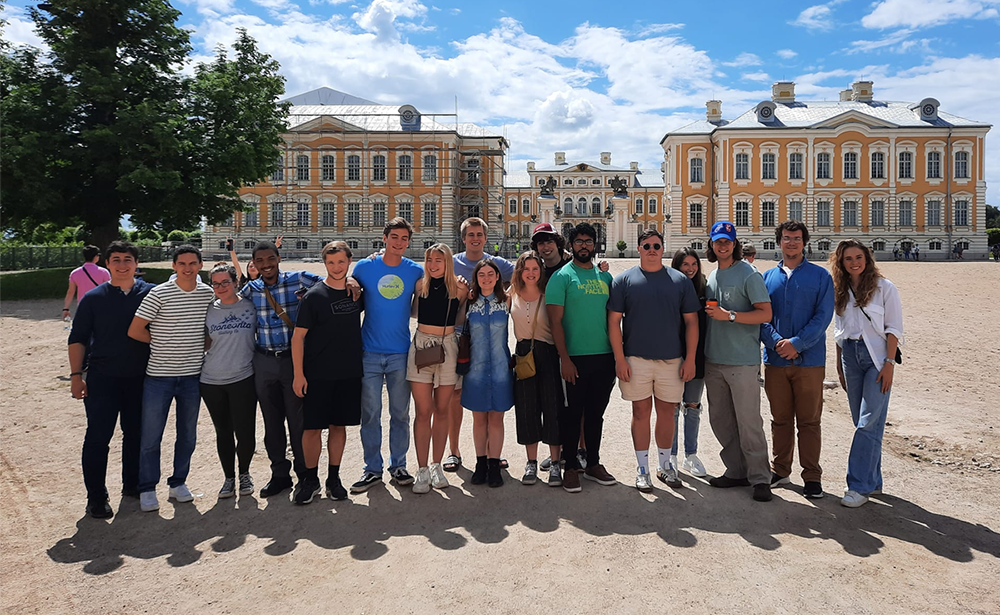Russian Language and Jewish Studies – Studying Abroad for the Last Semester of College
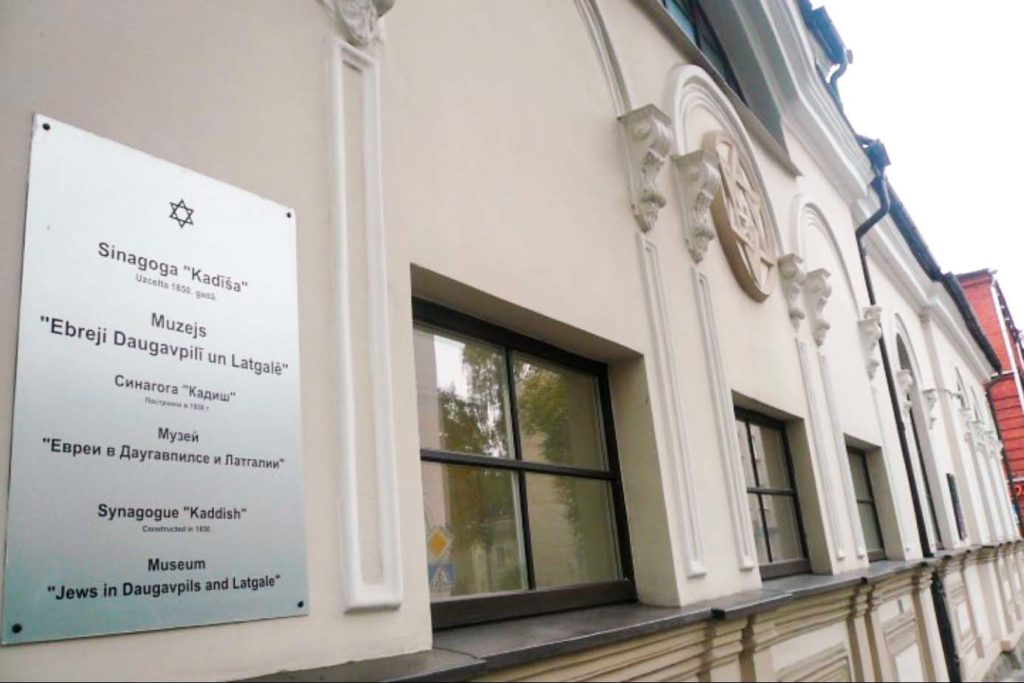
Author: Samantha, Florida, USA
As I approached my last semester of college, I was desperate to study abroad. Many plans were changed and canceled with the onslaught of the COVID-19 pandemic, yet my craving for out-of-classroom learning never lessened. As a Jewish woman, I have pursued Judaic studies and Jewish history to supplement my two major-based courses in International and Russian Studies to connect my academic interests with my cultural memory. After researching abroad programs through my university and Eastern Europe, I quickly realized that the Learn Russian in the EU program was perfect for my interests.
First, it allows a distinct level of flexibility and immersion to explore and deepen my knowledge of the Russian language at my own pace. The program administrators also offered to tailor my semester schedule to a shortened period so my university would approve the program, even offering one-on-one classes. Second, Learn Russian in the EU is in Daugavpils, Latvia—a city with significant history. Thus, an abroad trip here permits both language study and research opportunities.
Yet now, with this abroad program, I can use my independent time to ask and answer questions about the history of my people in this country. Daugavpils’ Jewish history is an imperative component of the city’s history and trajectory. Yet Holocaust Studies in this region are underrepresented in the United States, as are Judaic perspectives on Russianness within American Russian Studies degrees. Thus, I arrived with a drive to witness this history. The Learn Russian in the EU program has unequivocally supported my research topic – Jewish Music in the Daugavpils Ghetto – by connecting me to people, places, and resources beyond my expectations. As a result, I am invigorated, excited, and learning more than I believed possible. I hope that more Jewish students participate in this program to witness, honor, and remember what once was a thriving Jewish city.
As I write this reflection, I am approaching my third week in Latvia. While the language acquisition process and the independent research have challenged me and fueled my curiosity, I have also experienced truly delightful extracurricular activities. For example, I attend a weekly conversation club within the American Window, helping Latvians improve their English phonetics and intonation. I am also quickly becoming a regular at a few wonderful restaurants, where I meet up with students studying from other universities for meals between classes. And, with Latvia’s outstanding location, I am taking time to travel around the country and the European Union. I’m working hard and having a blast!
In sum, while studying abroad can be challenging and draining, coming with both an academic and passion project has kept me engaged and excited. I highly encourage readers to think about how your time in Daugavpils can become yours. Whether that’s research, joining a dance class, or making travel Tik Toks – yes, someone in my group is doing each of those things – an intentional side project broadens the study abroad experience.
In my next blog update, I’m excited to report on weekend adventures around Latvia, COVID pass and pandemic-related experiences, and my newfound, slightly thrilling secret for language learning!
You may be interested
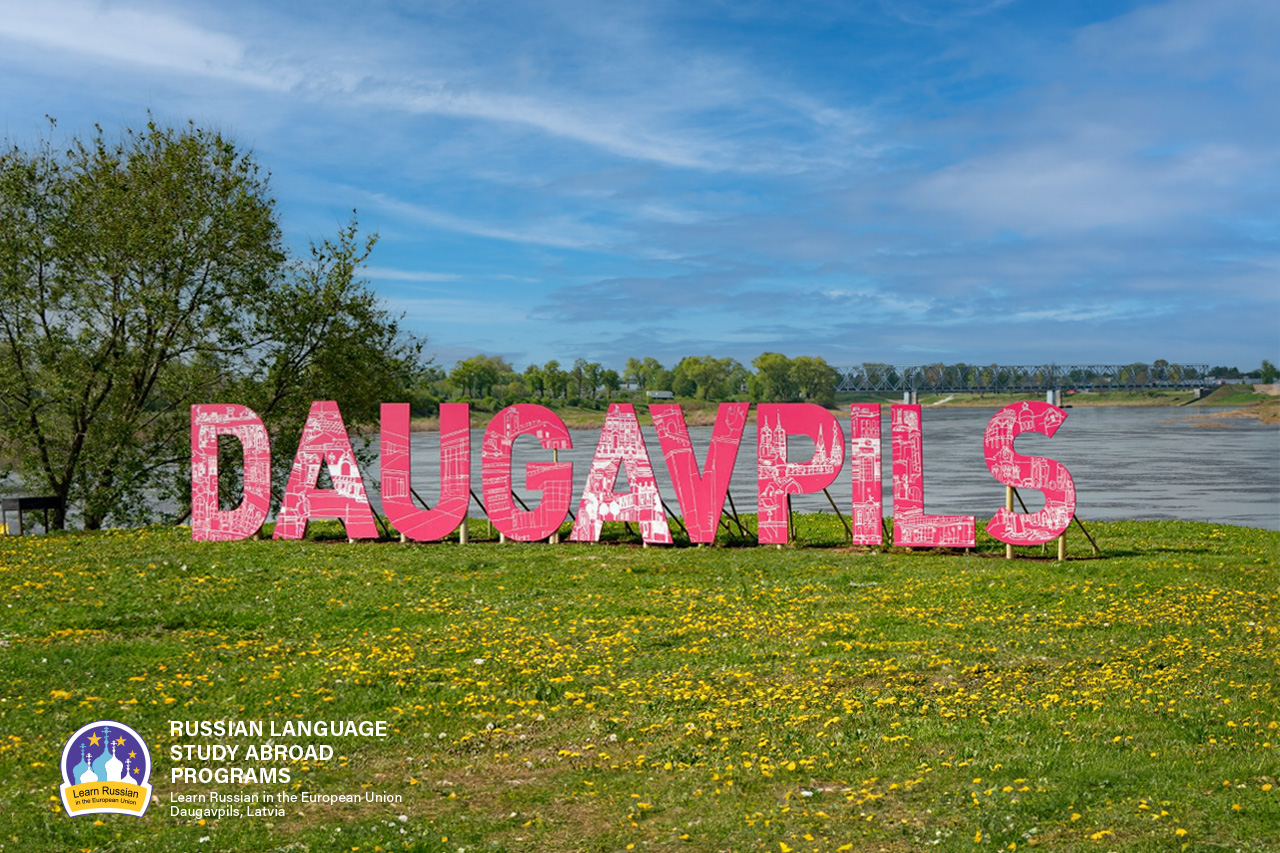
Why do people speak Russian in Daugavpils?
As it seems to us, Daugavpils is the best place to learn Russian now, because our city is situated in the EU and NATO, but at the same time 90% of the city’s population speak Russian at home.
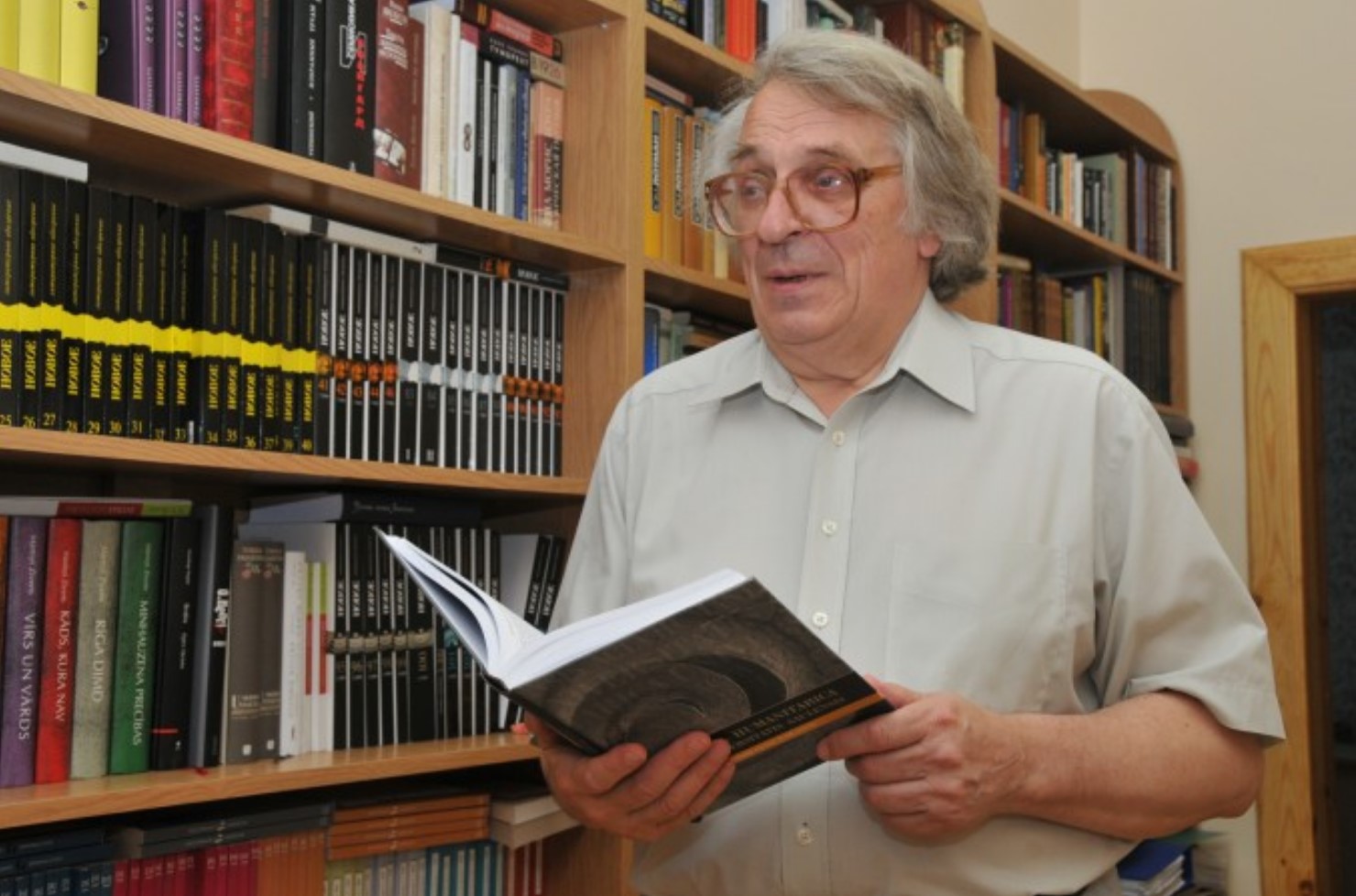
ЭТЮД О ДВИНСКЕ
Etude on Dvinsk by F.Fedorov
The Baltic region is one of the most catastrophe prone regions of the 2nd millennium, especially its second part; it is the centre of attraction of ‘geopolitical’ interests of the European world. Probably the most tragic fate has befallen to the eastern part of the present Latvia and its multi-titled town of Dinaburg – Dvinsk – Daugavpils. During its 730 years long history, the town went through five rather autonomous periods of development, five different lives (German, Polish, Russian, Latvian, Soviet), and at the beginning of the 1990s it entered into the 6th period.
The history of Dinaburg – Dvinsk – Daugavpils is the history of five attempts by the town to begin its life anew; and this is determined not only by the fact that the town was four times burned down and had to start life from scratch, but first and foremost because each of these periods was characterized by a total change of ethnos and the socio-cultural field.
The present article deals with the cultural space of the town in one of the most efficient periods of its development – from the 1860s till World War I.


